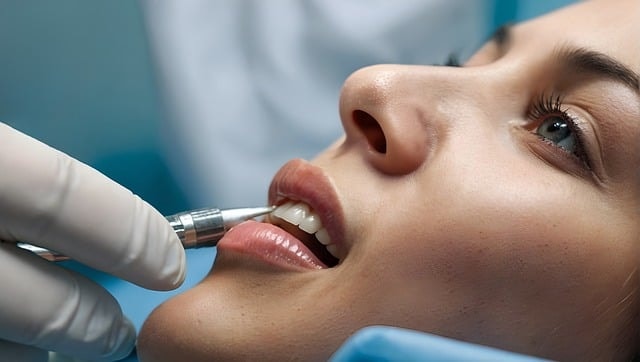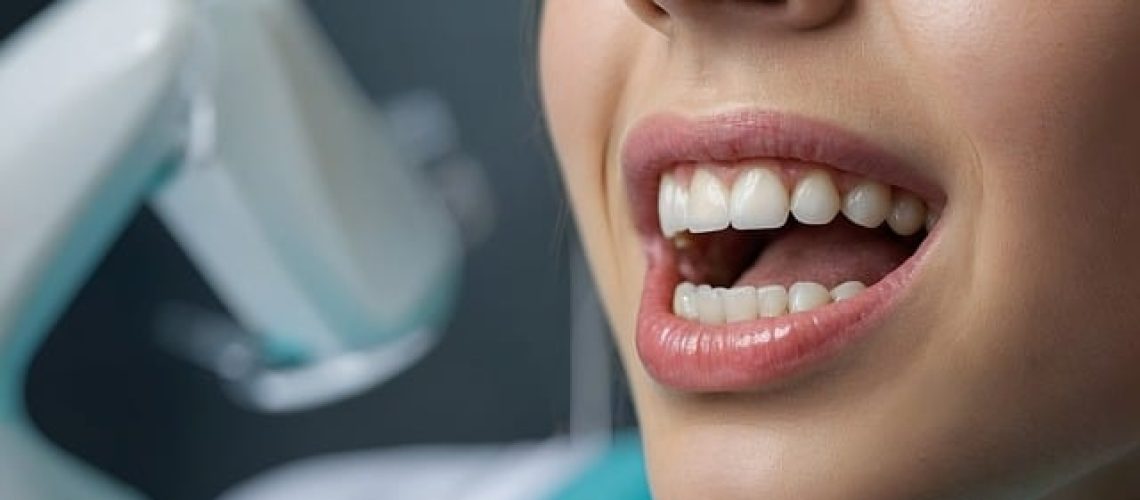Maintaining good oral hygiene is essential for preserving your smile, preventing oral diseases, and ensuring overall health. Regular dental exams are a cornerstone of preventive care, helping you identify and address dental problems early. But how often should you visit the dentist? The answer depends on your unique dental health needs, family history, and other risk factors.
In this comprehensive guide, we’ll explore the recommended frequency of dental checkups and how they benefit your oral health. We’ll also dive into what to expect during these visits and why consistent dental care is vital for maintaining healthy teeth and gums.
The Importance Of Regular Dental Exams
Regular dental exams play a critical role in keeping your teeth and gums healthy. During these visits, your dentist and dental hygienist evaluate your oral health, clean your teeth, and check for early signs of dental disease.
Prevention of Oral Diseases
Dental visits help prevent and detect oral diseases like gum disease, tooth decay, and oral cancer early. Identifying issues in their initial stages can save you from more extensive, costly treatments later.Improved Oral Hygiene
A dental exam reinforces the importance of good oral hygiene habits. Professional cleaning during the visit removes plaque and tartar that brushing and flossing alone cannot address, reducing your risk of gum disease and other oral health problems.Detection of Systemic Conditions
Your oral health can provide clues to your overall health. Some systemic conditions, such as diabetes or heart disease, may show early signs in your mouth.Tailored Dental Care Plans
Regular visits allow your dentist to create a customized plan based on your specific needs, family history, and oral health condition.
How Often Should You Visit the Dentist?
The standard recommendation is to visit the dentist regularly every six months for dental checkups and cleanings. However, this frequency can vary based on individual factors, including:
Oral Health Status: People with good oral hygiene and no significant dental problems may need only two annual visits.
Risk of Gum Disease: If you have a history of periodontal disease or are showing early signs of gum problems, more frequent visits may be necessary to manage the condition.
Family History: Those with a family history of dental disease or oral health problems should visit the dentist more often to monitor potential issues.
Lifestyle Factors: Smokers, heavy alcohol users, or people with poor oral hygiene are at higher risk of developing oral diseases and may require more frequent dental checkups.
What Happens During A Dental Exam?
A dental exam is a multi-step process designed to assess and improve your oral health comprehensively.
1. Evaluation of Oral Health
Your dentist will check for cavities, tooth decay, gum disease, and other oral health problems. They’ll also evaluate the alignment of your teeth and bite.
2. Oral Cancer Screening
An oral cancer screening is a routine part of regular dental exams. Your dentist examines your mouth, tongue, and throat for signs of abnormal tissue or lesions.
3. Professional Teeth Cleaning
A dental hygienist performs professional cleaning to remove plaque, tartar, and surface stains. This step is crucial for maintaining good oral hygiene and preventing gum disease.
4. Assessment of Gum Health
Healthy gums are essential for strong teeth. Your dentist will check for signs of gum disease, such as redness, swelling, or bleeding.
5. X-Rays (If Necessary)
Dental X-rays may be taken to detect issues that aren’t visible during the physical exam, such as cavities between teeth or problems with the jawbone.
Why Are Regular Dental Visits Essential?
Skipping dental visits can lead to poor oral hygiene, dental problems, and even severe health issues. Here’s why maintaining a schedule of regular dental exams is crucial:
Prevent Tooth Decay and Cavities Early detection and treatment of tooth decay can prevent cavities from progressing to more severe dental problems.
Combat Gum Disease Regular cleanings and exams can catch gum disease in its early stages, reducing the risk of tooth loss and other complications.
Monitor Family History If oral health problems run in your family, frequent dental checkups help monitor and manage potential issues before they escalate.
Avoid Costly Treatments Preventive care is significantly more affordable and less invasive than treating advanced dental diseases or oral health problems.
Maintain Overall Health Oral health is closely linked to general health. Poor oral hygiene has been associated with conditions like heart disease, diabetes, and respiratory infections.
Establishing Good Oral Hygiene Habits

While dental visits are essential, maintaining good oral hygiene at home is equally important. Here are some tips to keep your teeth and gums in excellent condition:
Brush your teeth twice daily with fluoride toothpaste.
Floss daily to remove plaque and food particles between teeth.
Rinse with an antibacterial mouthwash to reduce plaque and bacteria.
Replace your toothbrush every three to four months or sooner if the bristles are frayed.
Limit sugary foods and beverages, which can contribute to tooth decay.
Stay hydrated to promote saliva production, which helps cleanse your mouth.
Good oral hygiene habits not only prevent dental disease but also ensure your teeth and gums remain healthy between dental checkups.
When To See A Dentist More Often
Some individuals may need to visit the dentist more frequently than twice a year. You should schedule additional dental visits if you:
Experience persistent tooth pain or sensitivity.
Notice bleeding or swollen gums.
Have a history of periodontal disease.
Are undergoing orthodontic treatment.
Use tobacco products.
Are managing chronic health conditions like diabetes.
What Are The Risks Of Poor Oral Hygiene?
Neglecting regular dental exams and good oral hygiene can lead to a range of oral health problems, including:
Periodontal Disease: Advanced gum disease can cause tooth loss and has been linked to other systemic health issues.
Tooth Decay: Untreated cavities can lead to pain, infections, or the need for root canal treatment.
Oral Cancer: Missed oral cancer screenings increase the risk of late-stage detection, which is harder to treat.
Bad Breath (Halitosis): Poor oral hygiene can result in persistent bad breath.
Final Thoughts
So, how often should you get a dental exam? For most people, twice a year is the gold standard. However, if you have a higher risk of dental problems—such as gum disease, poor oral hygiene, or a family history of oral health issues—you may need to visit more often.
By staying consistent with dental checkups, maintaining good oral hygiene habits, and addressing problems early, you can enjoy a lifetime of healthy teeth and gums.
Schedule Your Next Dental Exam At Elite Smiles Today!
At Elite Smiles, we’re committed to helping you achieve a healthy, beautiful smile. Whether you’re in East Valley, on the border of Gilbert/Mesa, our trusted dentists and friendly team are here to make your dental visits stress-free and effective.
Don’t wait—book your appointment now and take the first step toward exceptional oral health! Click here to schedule your visit.

